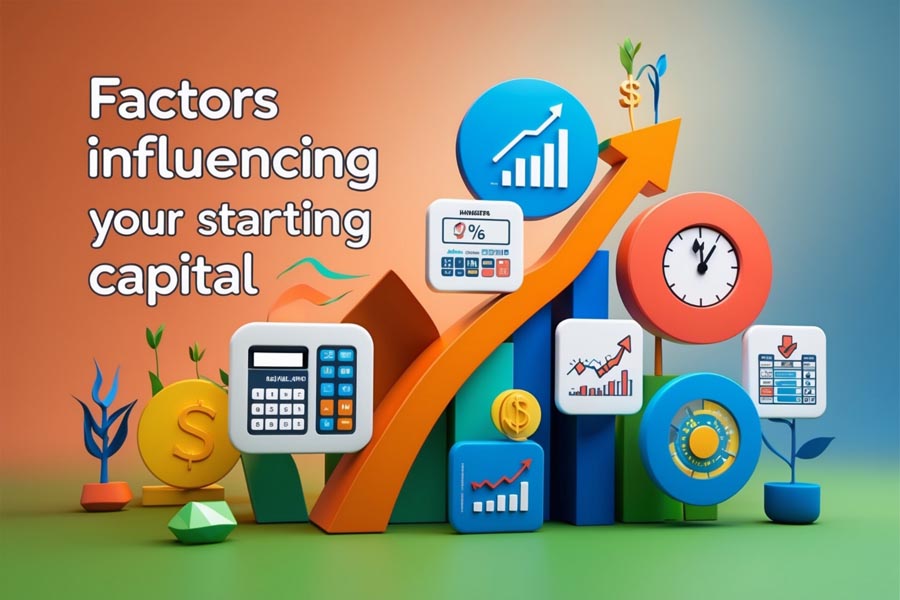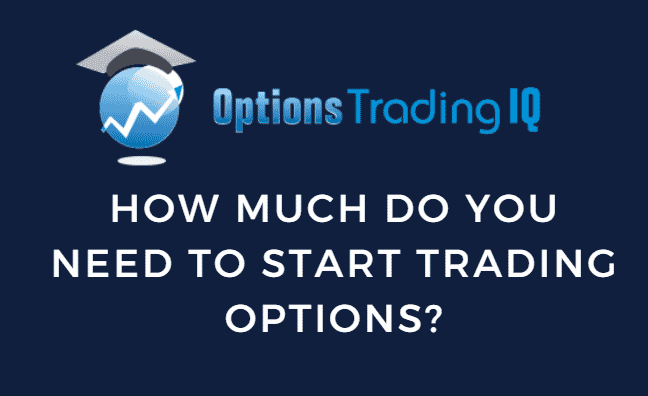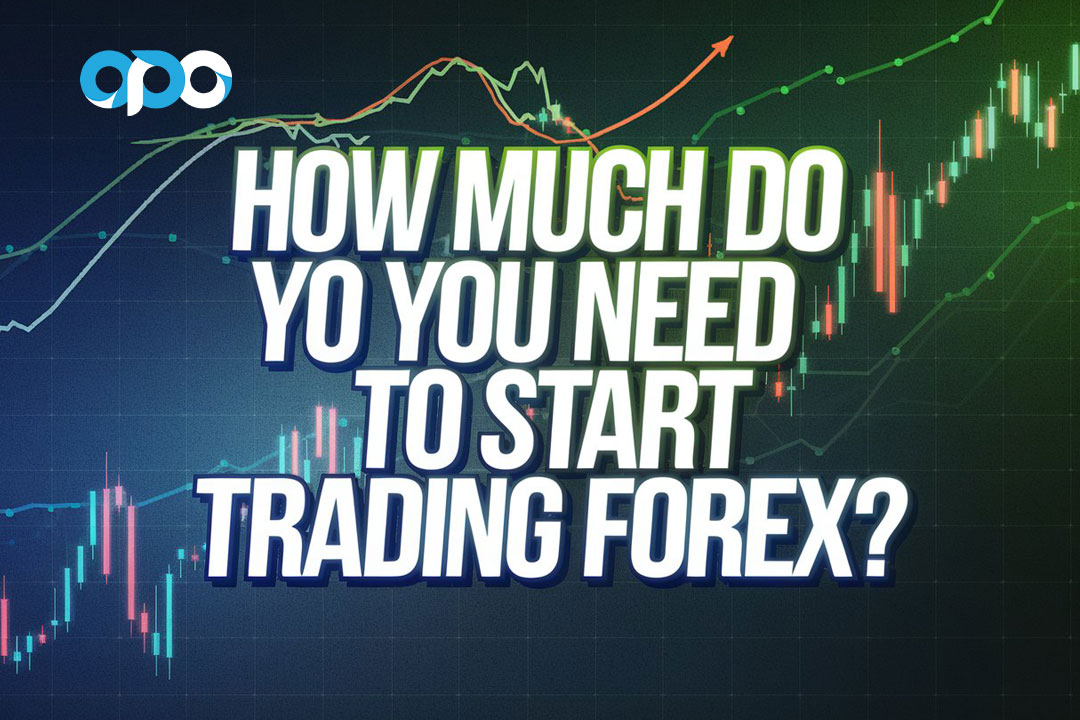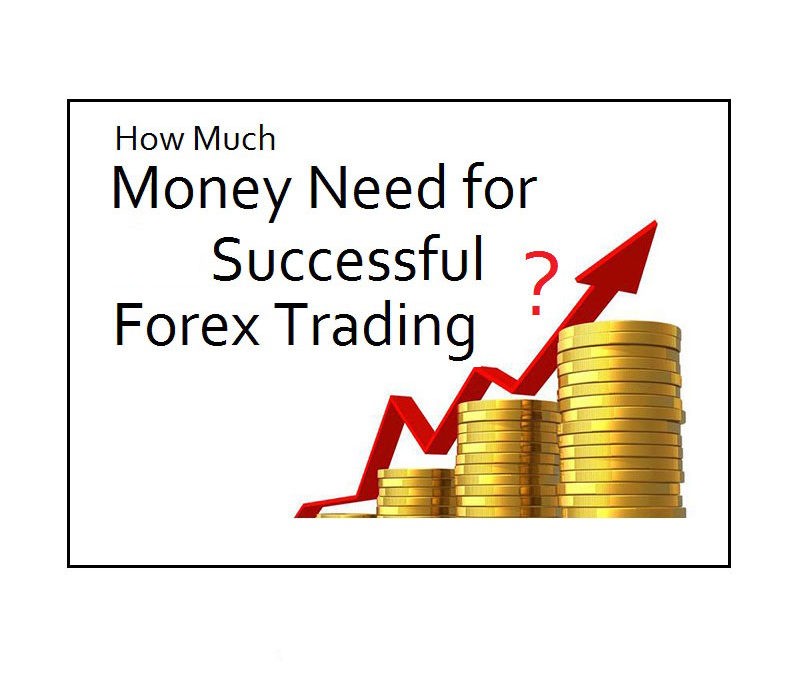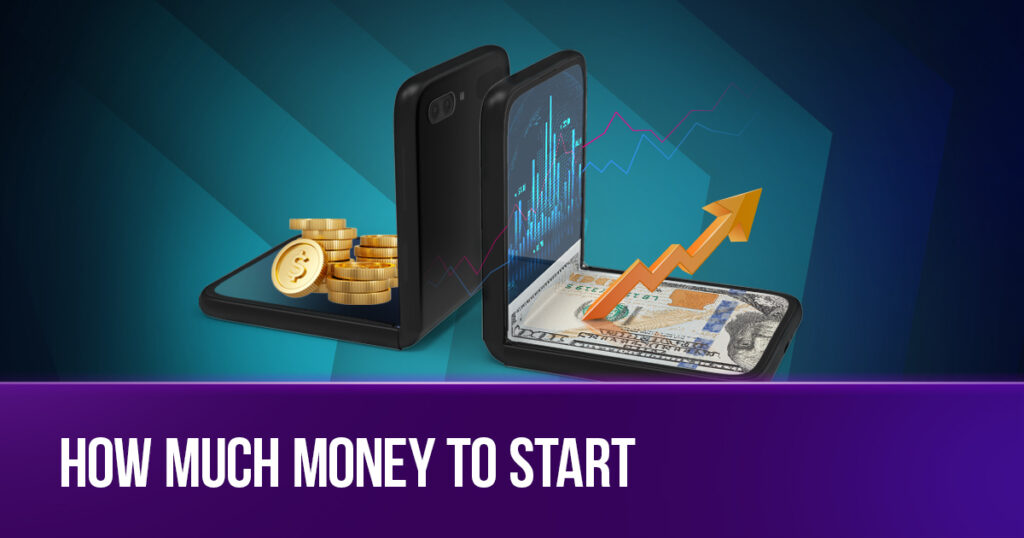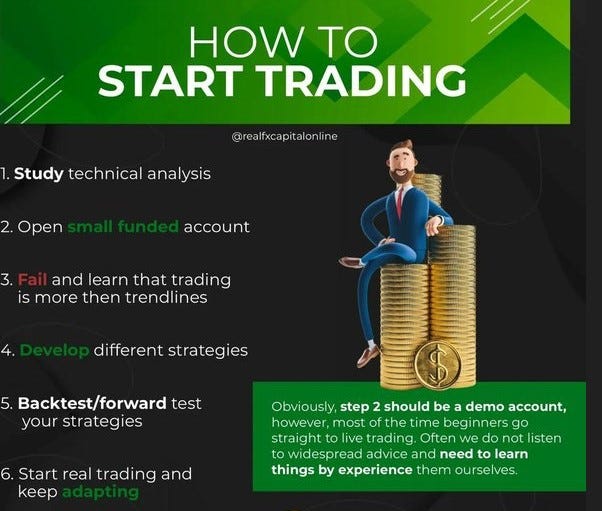How Much Do You Need To Start Trading

The allure of the stock market, cryptocurrency exchanges, and foreign exchange platforms draws in individuals from all walks of life, each dreaming of financial independence and wealth accumulation. Yet, before diving headfirst into the world of trading, a crucial question arises: How much capital is truly needed to begin?
Navigating the financial markets requires careful consideration of initial investment amounts. This figure depends on factors like chosen asset class, risk tolerance, and trading strategy, influencing potential gains and losses. Understanding these factors is crucial for aspiring traders to navigate the complexities of the financial world responsibly.
Breaking Down the Barriers: Minimum Requirements
The good news is that the barrier to entry for trading has significantly lowered in recent years. Thanks to fractional shares and online brokerage platforms, individuals can now start with significantly smaller sums than previously imagined. This accessibility opens the door to a broader range of potential investors.
Stocks
For stock trading, the minimum investment can be surprisingly low. Some brokers, like Robinhood and Charles Schwab, offer fractional shares, allowing investors to buy a portion of a single share. This means you could potentially start with as little as $5 or $10, investing in companies like Apple or Amazon without buying a full share.
However, experts generally recommend having a more substantial starting amount to diversify your portfolio. Diversification is key to mitigating risk, and spreading your investment across multiple stocks requires more capital. A few hundred to a few thousand dollars is often suggested for a more robust start.
Cryptocurrencies
The cryptocurrency market also offers low entry points. Similar to stocks, you can buy fractions of a cryptocurrency like Bitcoin or Ethereum. Platforms like Coinbase and Binance allow users to purchase small amounts, making it possible to begin with as little as $10 or $20.
However, the volatility of cryptocurrencies necessitates caution. Experts strongly advise against investing more than you can afford to lose. Given the inherent risks, starting small and gradually increasing your investment as you gain experience is a prudent approach.
Forex (Foreign Exchange)
Forex trading typically requires a slightly larger initial investment compared to stocks or cryptocurrencies. While some brokers allow micro-accounts with a minimum deposit of $100, it's generally recommended to start with at least $500 to $1,000. This provides more flexibility and allows for better risk management.
Forex trading involves leverage, which can amplify both profits and losses. It is crucial to understand the implications of leverage before engaging in Forex trading. Without adequate capital and a solid understanding of risk management, the potential for significant losses is high.
Beyond the Minimum: Considering Practical Factors
While it's technically possible to start trading with very small amounts, several practical considerations influence the ideal starting capital. These factors relate to risk tolerance, learning opportunities, and the potential for meaningful returns.
Risk tolerance is a crucial determinant. If you're risk-averse, starting with a smaller amount allows you to learn the ropes without significant financial exposure. As you gain confidence and experience, you can gradually increase your investment.
Starting with a larger amount offers opportunities to learn from a wider range of trades. It also provides a more realistic picture of potential returns. This can be valuable for honing your trading skills and developing effective strategies.
Finally, it's important to consider the potential for meaningful returns. While starting small is a good way to learn, small investments may not generate significant profits. This can be discouraging for some traders. A larger initial investment can potentially lead to more substantial gains, but also carries greater risk.
Expert Opinions and Industry Data
Financial advisors generally agree that the "right" amount to start trading depends on individual circumstances. A 2023 survey by Gallup indicated that only 55% of Americans own stock, highlighting the perceived risk associated with investing. Experts often suggest allocating a small percentage of your overall savings, no more than 5-10%, to trading activities.
The Securities and Exchange Commission (SEC) emphasizes the importance of investor education and understanding the risks involved. They provide resources and guidance to help investors make informed decisions. A broker like Fidelity suggests new traders to start with index funds instead of directly jumping into trading individual stocks.
"Investing involves risk, including the possible loss of principal. It's crucial to understand the risks before investing any money." - SEC Investor Education Website
Industry data from brokerage firms shows that the average new account is funded with between $1,000 and $5,000. This suggests that while it's possible to start smaller, many investors choose to begin with a more substantial amount.
Looking Ahead: Continuous Learning and Adaptation
The world of trading is constantly evolving, and continuous learning is essential for success. Regardless of your starting capital, dedicating time to research, analysis, and staying informed about market trends is crucial.
Adaptability is also key. Trading strategies that work today may not be effective tomorrow. Being able to adjust your approach based on market conditions is vital for long-term profitability.
Ultimately, the amount you need to start trading is a personal decision. It depends on your individual financial situation, risk tolerance, and investment goals. It is important to start small, learn the ropes, and gradually increase your investment as you gain experience and confidence.



